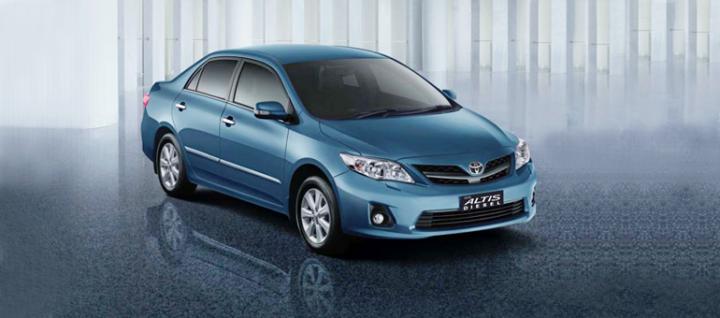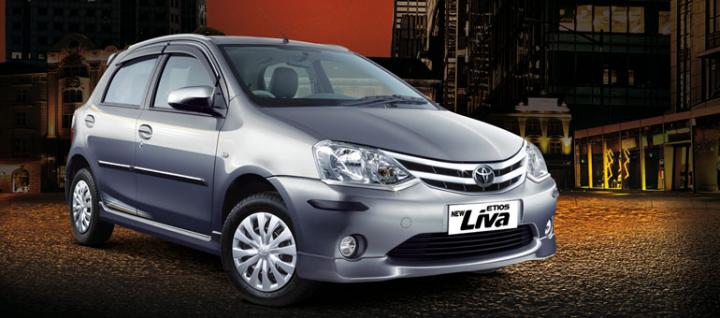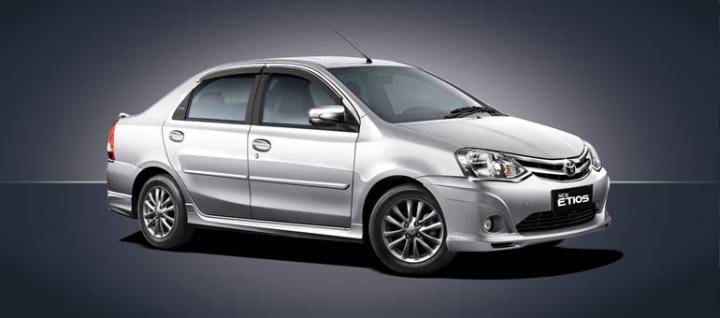News
Toyota India undecided on diesel engine plant
Toyota Kirloskar Motor is yet to take a decision on setting up a diesel engine manufacturing plant in India. Falling demand for diesel engined cars in India on account of diesel price deregulation and the overall sales slowdown in the Indian car market has meant that the Japanese automaker's Indian operation is yet to get a go ahead from its Japanese headquarters for setting up the diesel engine manufacturing plant.
Toyota Kirloskar Motor's top management's denial of plans (Carried by BusinessStandard) to set up the diesel engine factory comes after a Japanese media report stated that Toyota was considering the production of diesel engines in India from 2015. The report also added that 50,000 engines were the initial targeted capacity of Toyota's diesel engine factory in India.
In fact, this report, which originated on Japanese news outlet Nikkei, is consonant with Toyota's earlier plans of making fresh investments in India from 2015. Until 2015, by Toyota India's own admission, the car maker planned to go slow on fresh investment in the Indian market citing difficult market conditions. The brand also stated that it would not launch new cars until 2015 in India, and that variants of existing models would keep the car maker busy until then.
Currently, Toyota India imports all diesel engines from Japan. The depreciating Indian Rupee has meant that the import costs have shot up, impacting the Japanese car maker's profitability. Building diesel engines in India will lead to cost savings for Toyota, a major reason for the brand to consider this option.
Toyota uses five turbo diesel engines on 7 car models that it sells in India. While the CBU imports such as the Land Cruiser Prado and the Land Cruiser LC200 use a 3 liter D-4D turbo diesel engine and a 4.5 liter turbo diesel engine respectively, low volumes of these products means that the engines of these SUVs aren't the prime target of localization.
On the other hand, the 1.4 Liter and 2 liter D-4D turbo diesel engines, used on the likes of the Etios twins, the Corolla Altis and the Innova MPV are the engines that could do with localization given the higher volumes these cars bring for Toyota India. Considering the case of the Etios twins, the hatchback and sedan versions of this car series operate in a cut throat price environment.
In the highly competitive and price sensitive Indian B and C segment space, Toyota cannot afford to keep hiking car prices, citing higher import costs. This is another reason for Toyota to begin manufacturing the big volume turbo diesel engines in India. Most car makers in India such as Ford, Maruti Suzuki, Fiat, Tata Motors and General Motors, operating in the big volume car segments, have diesel engine plants.
Hyundai, like Toyota, has been an outlier of sorts, and continues to import turbo diesel engines from South Korea. However, Hyundai has planned to set up a flexible engine plant (at an investment of USD 300 million) at its Sriperumbudur factory, off Chennai. This flexible engine plant can churn out both petrol and turbo diesel engines, in tune with what the market demands.
Perhaps, Toyota can take a leaf out of Hyundai India's book and consider a flexible engine making plant capable of churning out both petrol and diesel engines. Such a move would greatly hedge Toyota's risks. For now though, it seems like Toyota's earlier plans of not making fresh investments in India until 2015, is here to stay.


























